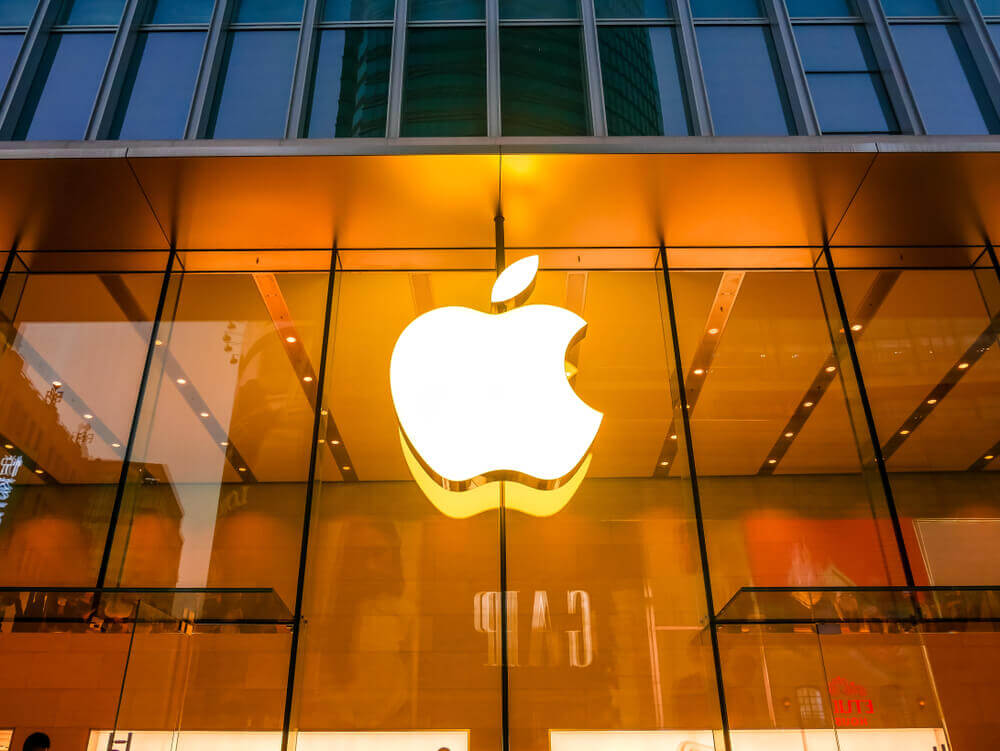
Apple’s Historic $110B Stock Buyback Amid Revenue Dip
Apple’s Historic $110B Stock Buyback Amid Revenue Dip
Quick Look:
Apple’s Record Buyback: Announced a $110 billion stock repurchase, signalling potential confidence in an undervalued stock. Revenue Concerns: Slight uptick in sales, but facing continued declines, especially in key markets like China. Market Challenges: High market valuation amidst slowing iPhone sales and lack of clear AI strategy.Earnings season is in the spotlight, and all attention is drawn to the financial updates from the so-called “Magnificent Seven” of the stock market. Apple Inc. (NASDAQ: AAPL), a notable member of this elite group, recently announced a staggering $110 billion stock buyback plan. This move has sparked a flurry of interest and speculation about the implications for investors and the broader market. Let’s delve into the significance of this announcement and the overarching themes of Apple’s recent earnings report.
Apple’s Strategic Stock Buybacks Amid Sales Decline
Stock buybacks are a common strategy corporations employ to return wealth to shareholders. They typically indicate the company’s confidence in its financial health. In Apple’s case, the decision to repurchase such a vast amount of its own shares may suggest that management believes the stock is undervalued. Additionally, buybacks are known to improve earnings per share (EPS) by reducing the number of outstanding shares. Potentially making the stock more attractive in the eyes of investors.
However, Apple’s recent earnings paint a complex picture. The company has consistently declined year-over-year revenue for multiple quarters, with a slight uptick during the last holiday season. This pattern raises concerns about the underlying reasons for the buyback. Is it a strategic move to bolster EPS amid declining sales or a genuine signal of undervalued stock? This decision comes when Apple faces significant challenges, including a deceleration of its crucial Chinese market and a general downturn in its flagship iPhone sales.
Decelerating Growth and Market Challenges
Apple’s performance in China, a critical market for the tech giant, has notably declined, with recent reports showing an 8% drop in revenue. This downturn is particularly significant considering the iPhone’s 10% drop in sales globally. These figures are alarming, as the iPhone remains Apple’s largest revenue source, and China is one of its most important markets. The combined effect of slowing growth in both areas could be a red flag for investors.
Moreover, Apple’s current market valuation, with a forward price-to-earnings (P/E) multiple of 28, stands high above the S&P 500’s average of 20. This premium is increasingly hard to justify, especially as Apple remains notably silent on its plans in the burgeoning field of artificial intelligence (AI). This lack of direction in a rapidly evolving tech landscape could be a significant oversight. Many of Apple’s competitors are already capitalizing on new growth opportunities AI innovations offer.
Apple’s record-breaking buyback announcement initially seemed like a robust vote of confidence in its stock. However, a deeper analysis suggests it might also be a strategic distraction from more systemic revenue declines and uncertainties. Given the complexities at play, investors should carefully consider these factors and maintain a cautious approach. Apple’s next moves, especially in key areas like AI, will be crucial in determining its ability to maintain a competitive edge and justify its market valuation in an increasingly challenging global market.
The post Apple’s Historic $110B Stock Buyback Amid Revenue Dip appeared first on FinanceBrokerage.



